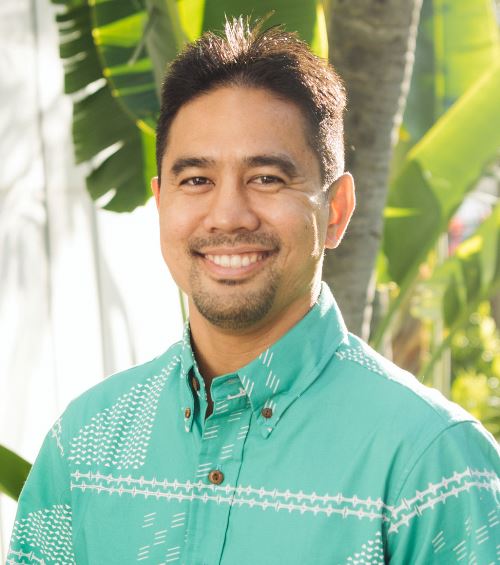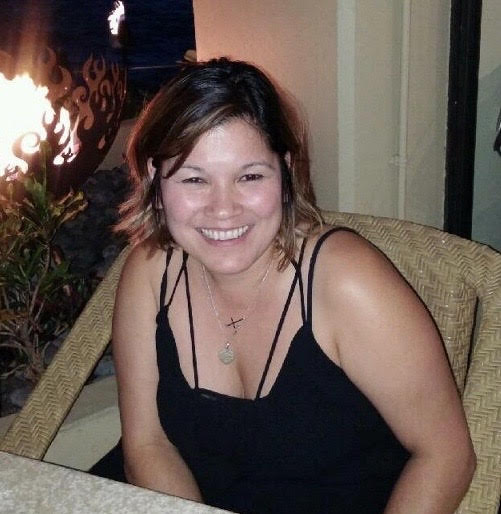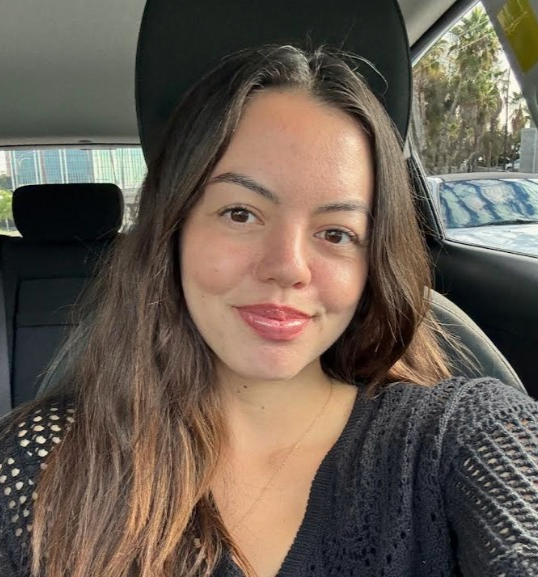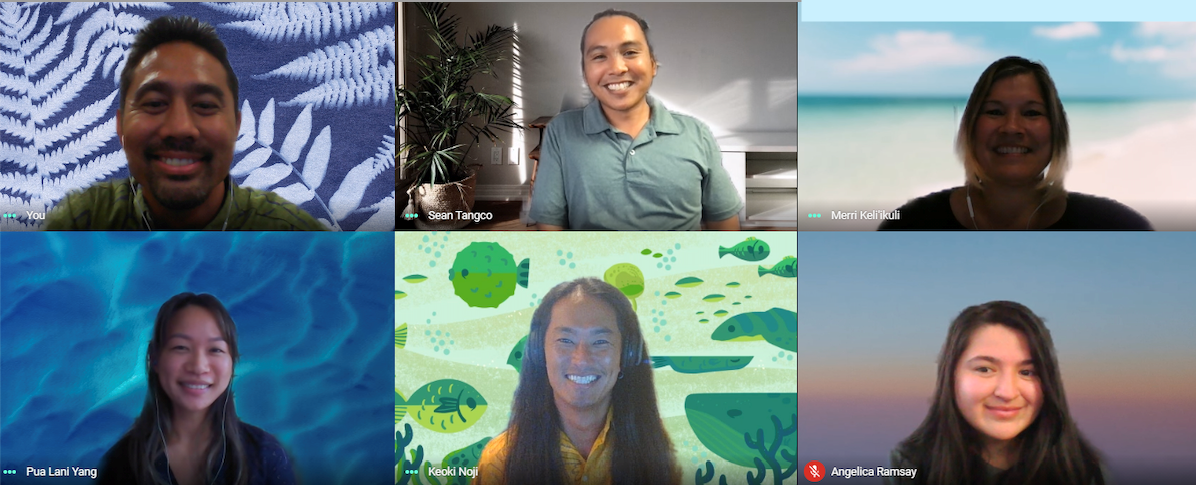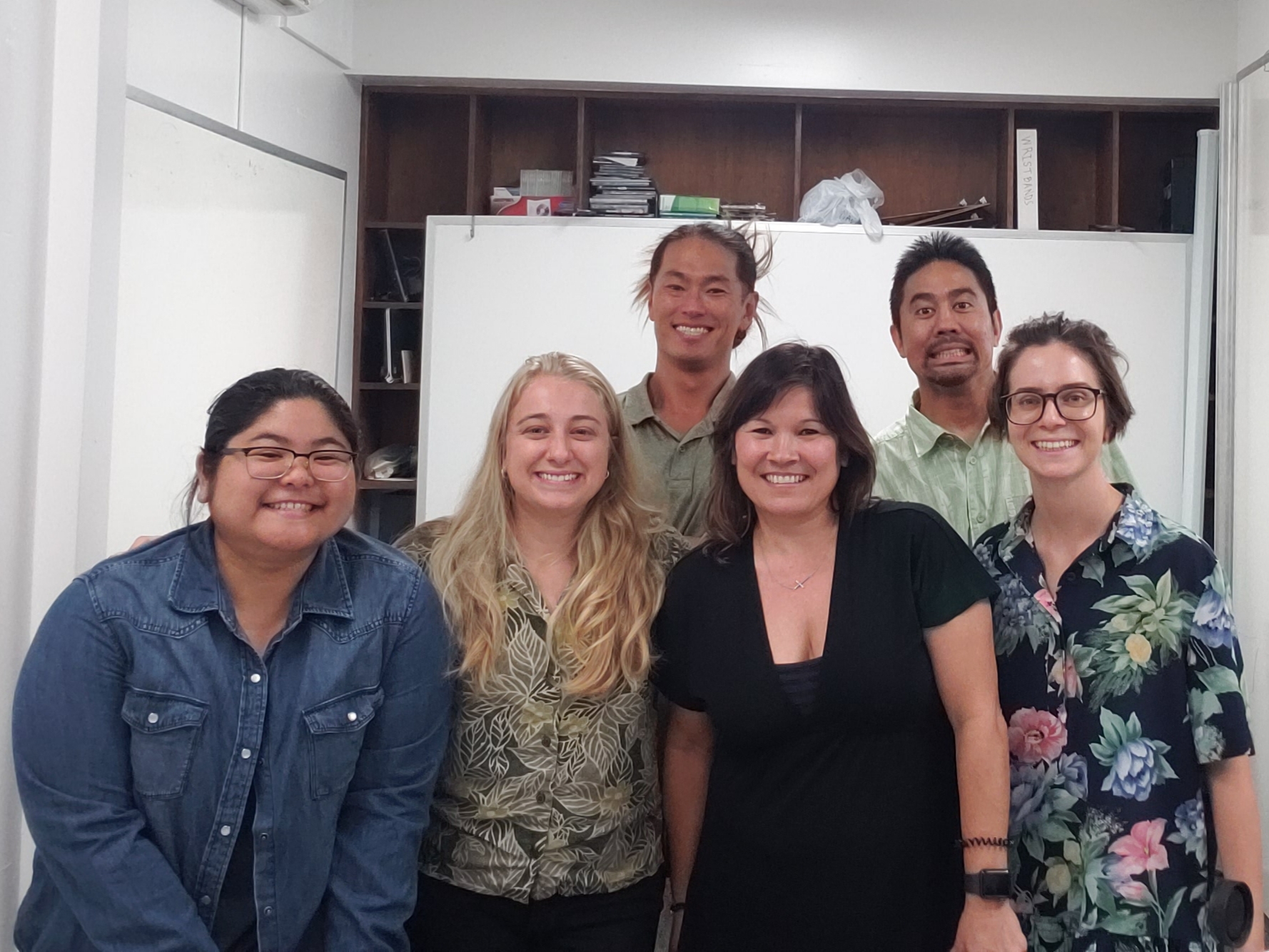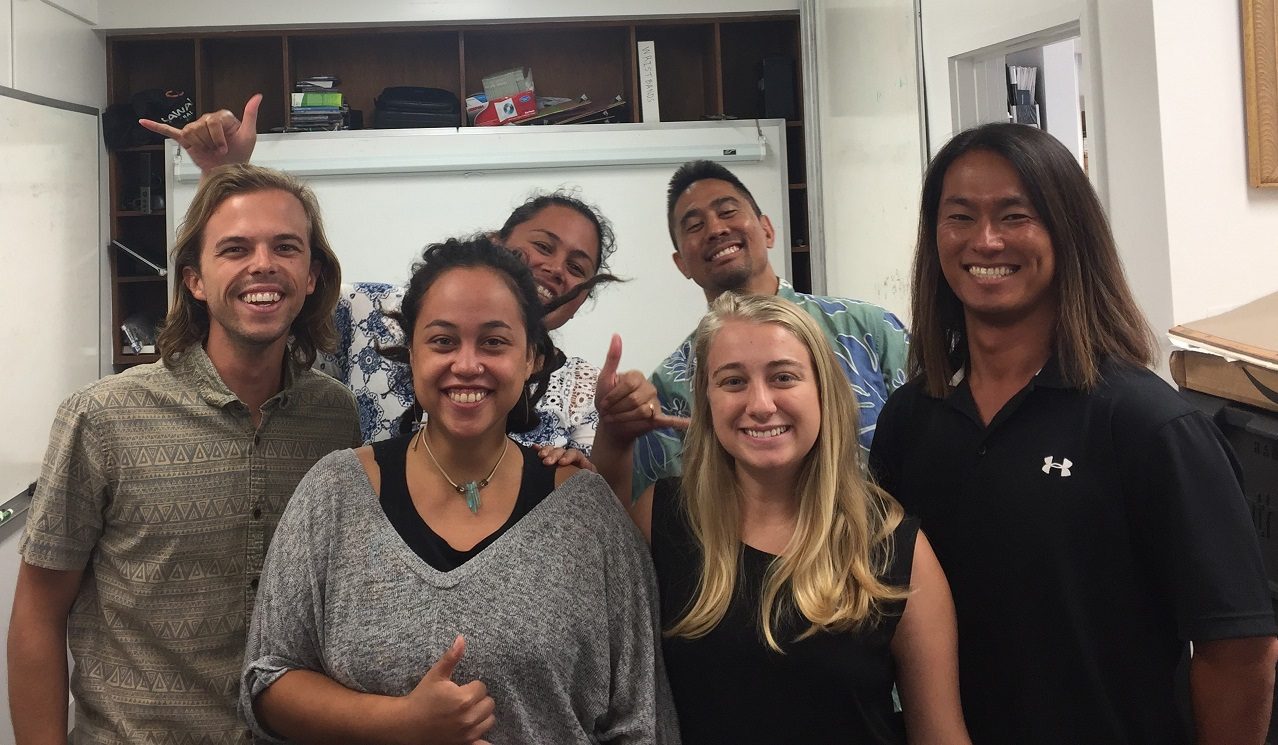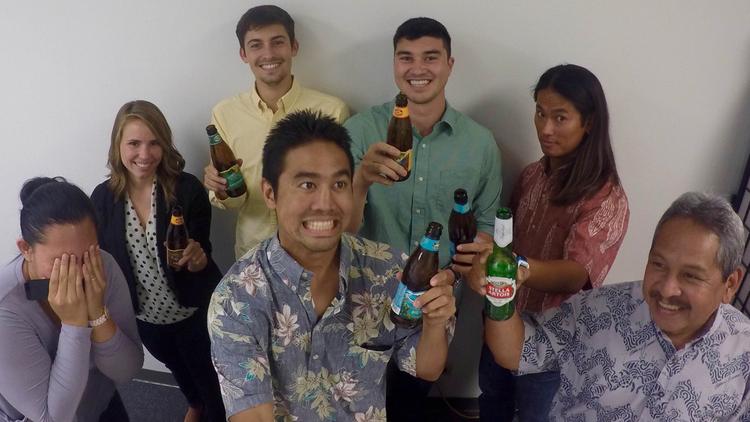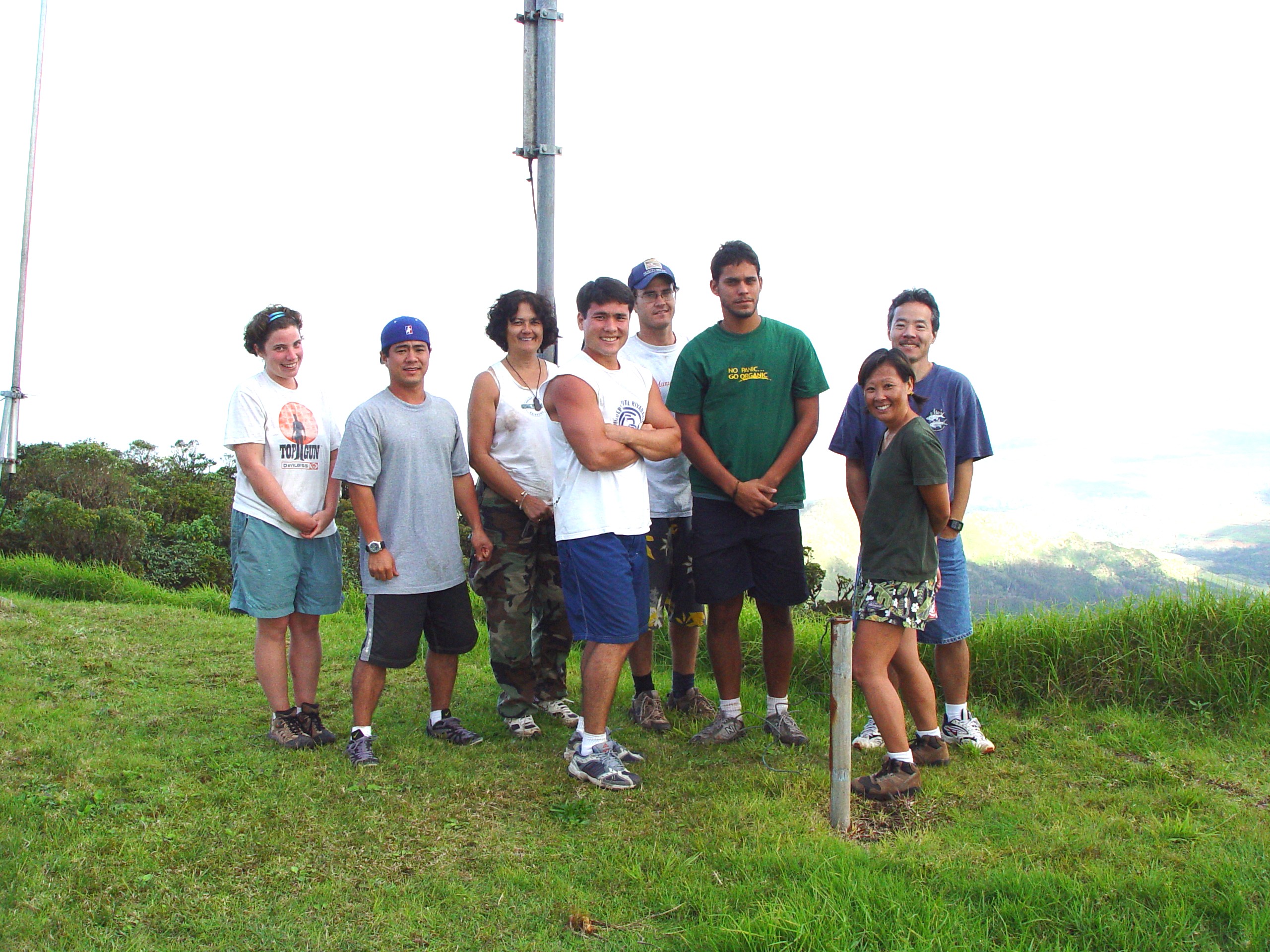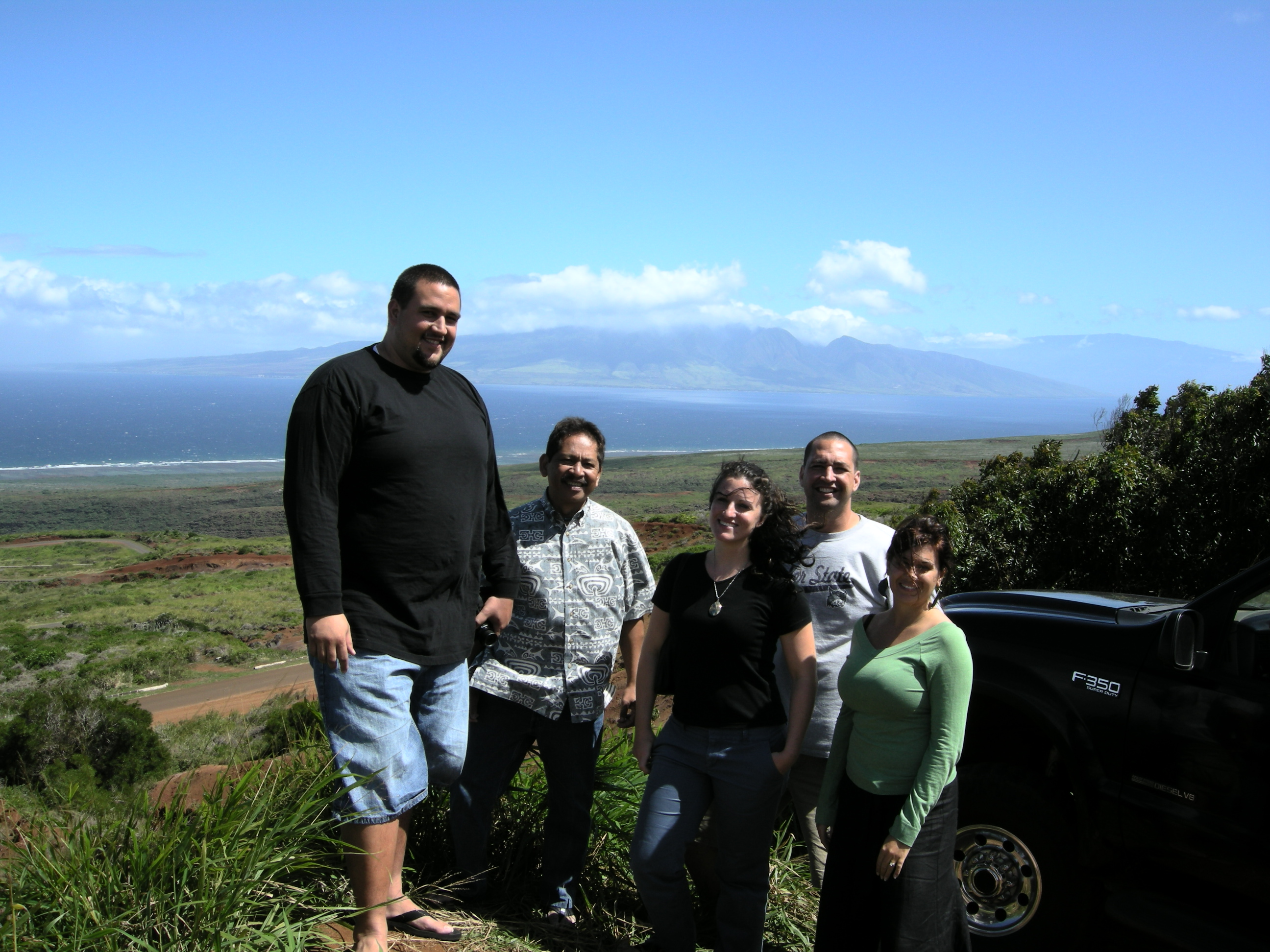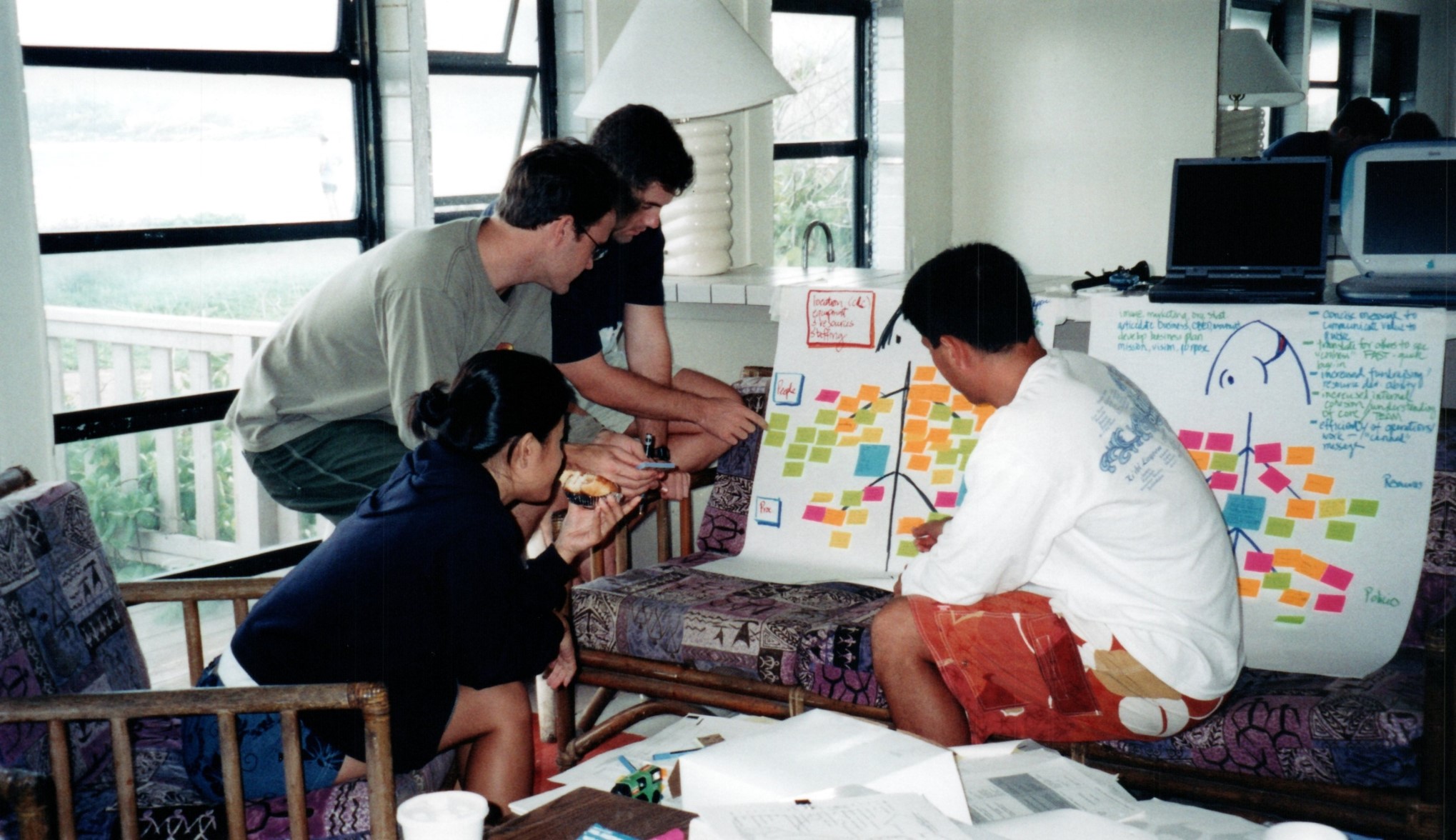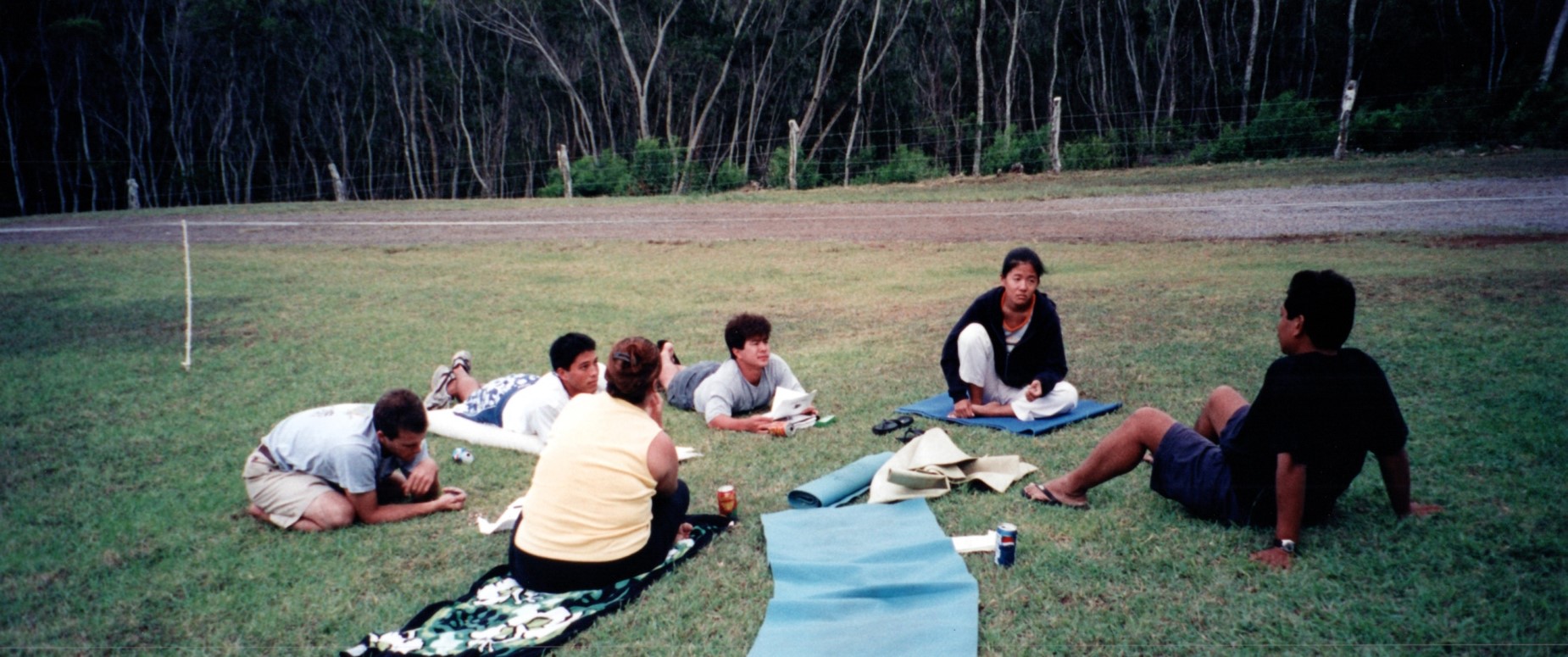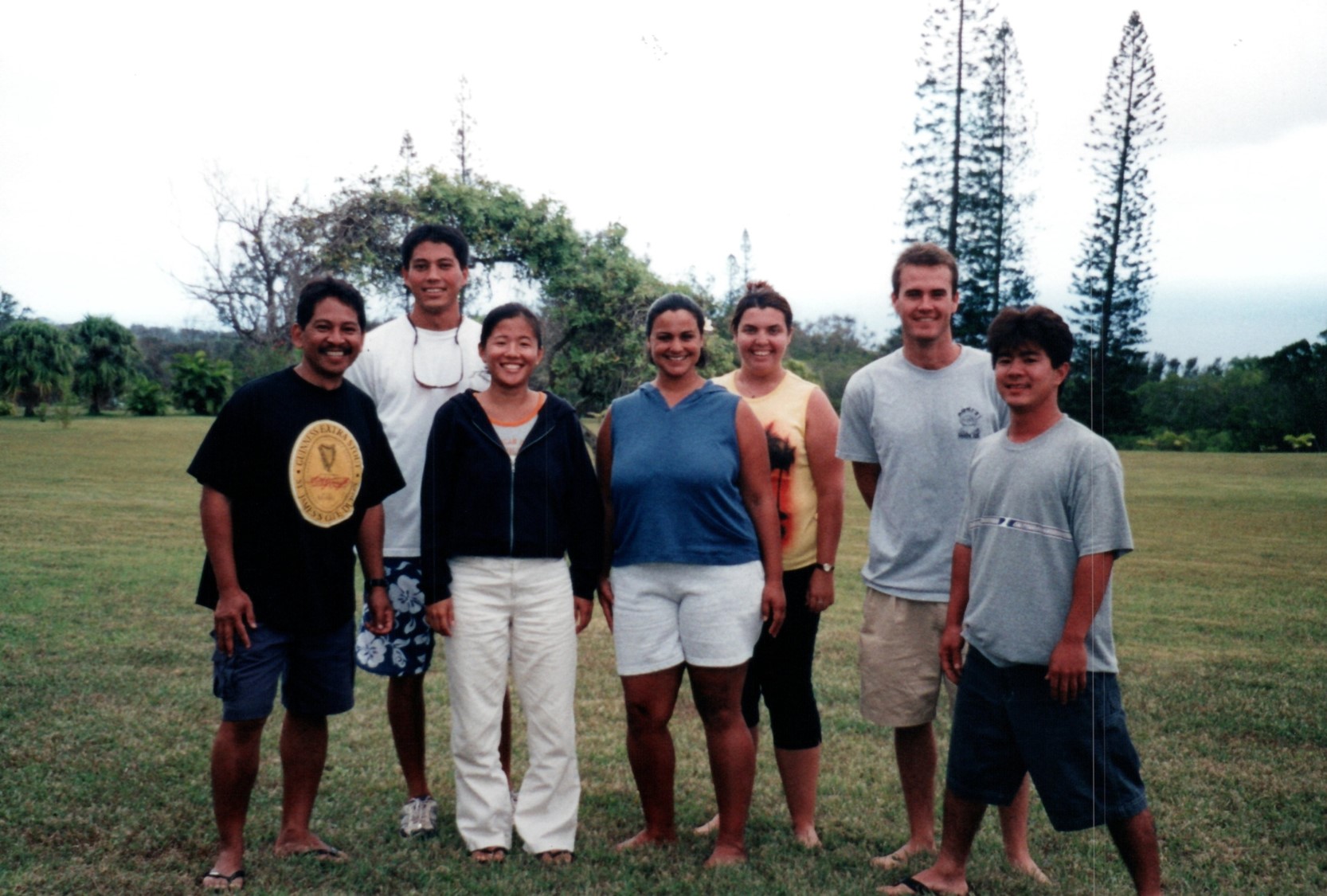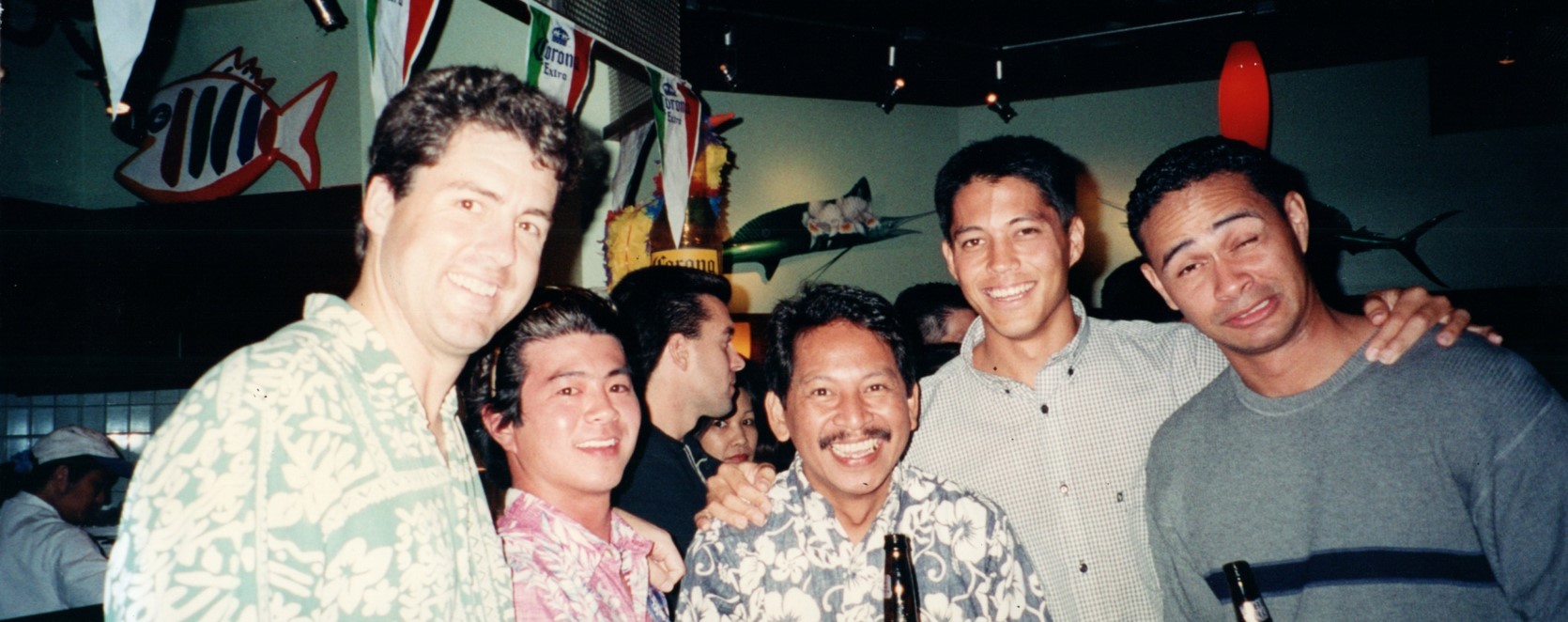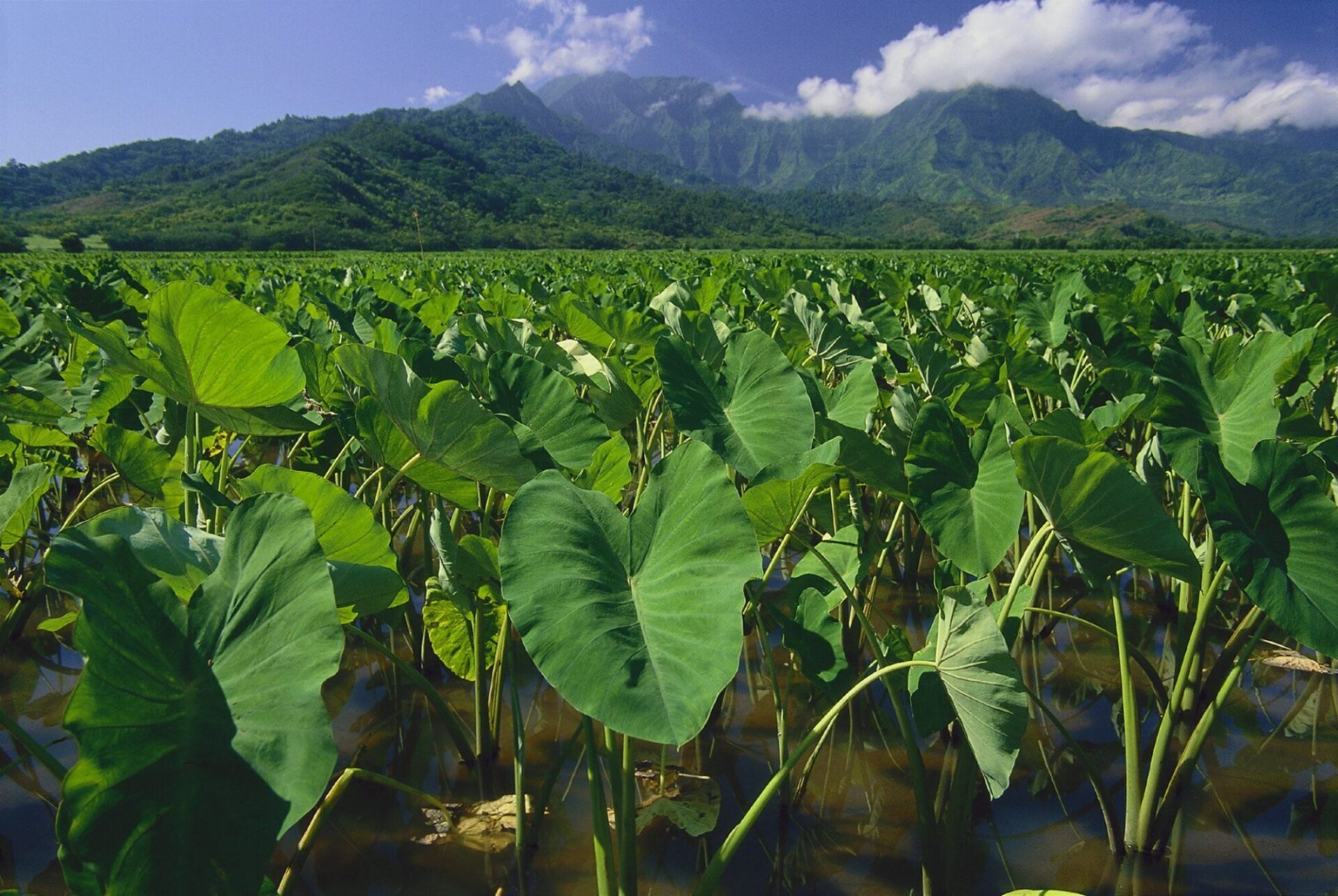Our Team
-
-
-
Bob Agres · Paige Allen · Will Chen · Molly Chlebnikow · Jamie Cook · Ben Costigan · Brent Dillabaugh · Trung Doan · Anna Dorman · Kamuela Enos · Athena Esene · Avemaoe Galeaʻi · Justin Fanslau · Maggie Flynn · Elwen Freitas · Sharde Freitas · Randy Gingras · Tony Hall · Hunter Heaivilin · John Higgins · Eden Jablon · Manish Joshi · Larissa Meinecke Kick · Derrick Kiyabu · James Koshiba · Malachi Krishok · Trevor La Torre-Couch · Vivienne Lee · Jay Mason · Gary Maunakea-Forth · Blake McElheny · Hermina Morita · Briana Monroe · Paula Nagao · Alex Narrajos · Keoki Noji · Mika Okuno · Chelsie Onaga · Gaby Orantes · Tommy Otake · Vini Pabon · Kehau Padilla · Sang-Hyoun Pahk · Foley Pfalzgraf · Piʻilani Pang · Joong-hee Park · Angelica Ramsey · Richard Pezzulo · Corin Thornburg · Ethan Porter · David Rothwell · William Simmons · Padmendra Shrestha · Collin Siu · Susan Tamanaha · Sean Tangco · Lee Tokuhara · Hanale Vincent · David Washburn · Pua Lani Yang · Johnathan Yim
Our Board
- Trina Orimoto President Trina Orimoto (she/her) is the proud mom of Cole and Miles. She is a licensed psychologist and Deputy Director of the Office of Wellness and Resilience, housed in the Office of the Governor of Hawaiʻi. With over a decade of experience in health data analytics, she develops data-driven tools and leads trauma-informed systems transformation efforts. She is a graduate of the University of California at Los Angeles and the University of Hawaiʻi at Mānoa and completed her clinical training at the University of Pittsburgh.
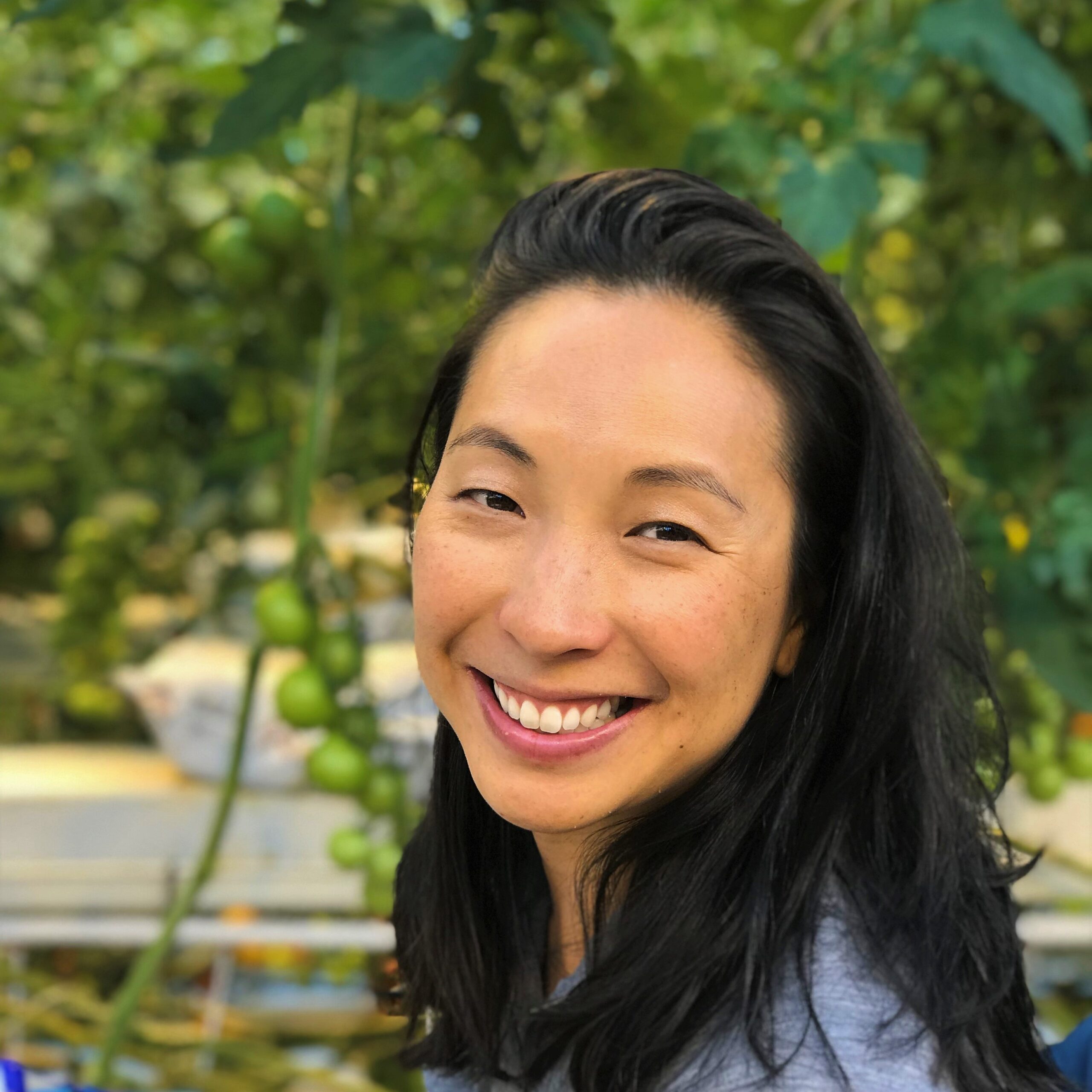
- Marcus Kawatachi Treasurer Marcus Kawatachi has worked almost his entire career in public service at the Hawaiʻi Civil Rights Commission, currently serving as its Executive Director. The Hawaiʻi Civil Rights Commission is the agency that enforces the State's antidiscrimination laws in the areas of employment, housing, state services, and public accommodations. As a member of the HACBED board Marcus hopes to continue to assist individuals and families in creating opportunities to live their lives as they choose. He is a proud graduate of Princeton University and the William S. Richardson School of Law.
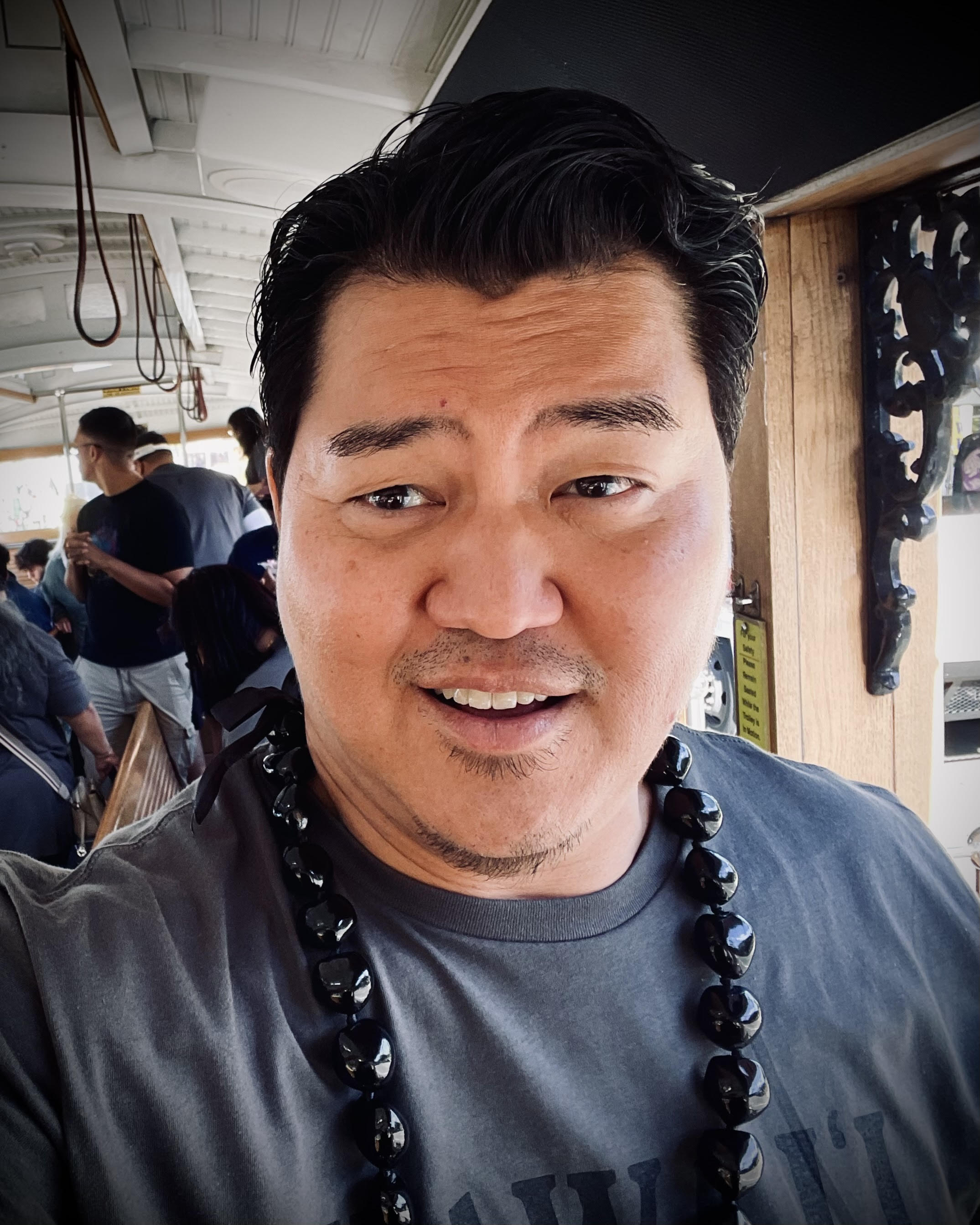
- Derrick Kiyabu Secretary Derrick reconnected with HACBED by joining the board at the end of 2020. From 2000 - 2005, he worked at HACBED supporting its capacity-building training and technical assistance initiatives. He's since spent the last 17 years working in Hawaiʻi's agriculture sector, including work at MAʻO Organic Farms, The Kohala Center, and GoFarm Hawaiʻi. Derrick currently lives on Kauaʻi and is the Farm Manager at the University of Hawaiʻi College of Tropical Agriculture and Human Resources, Kauaʻi Agriculture and Extension Station. He remains passionate about agriculture and community development issues in Hawaiʻi and also serves on the board of Malaʻai and HuiMAU (Hui Mālama i ke Ala ʻŪlili) on Hawaiʻi Island.
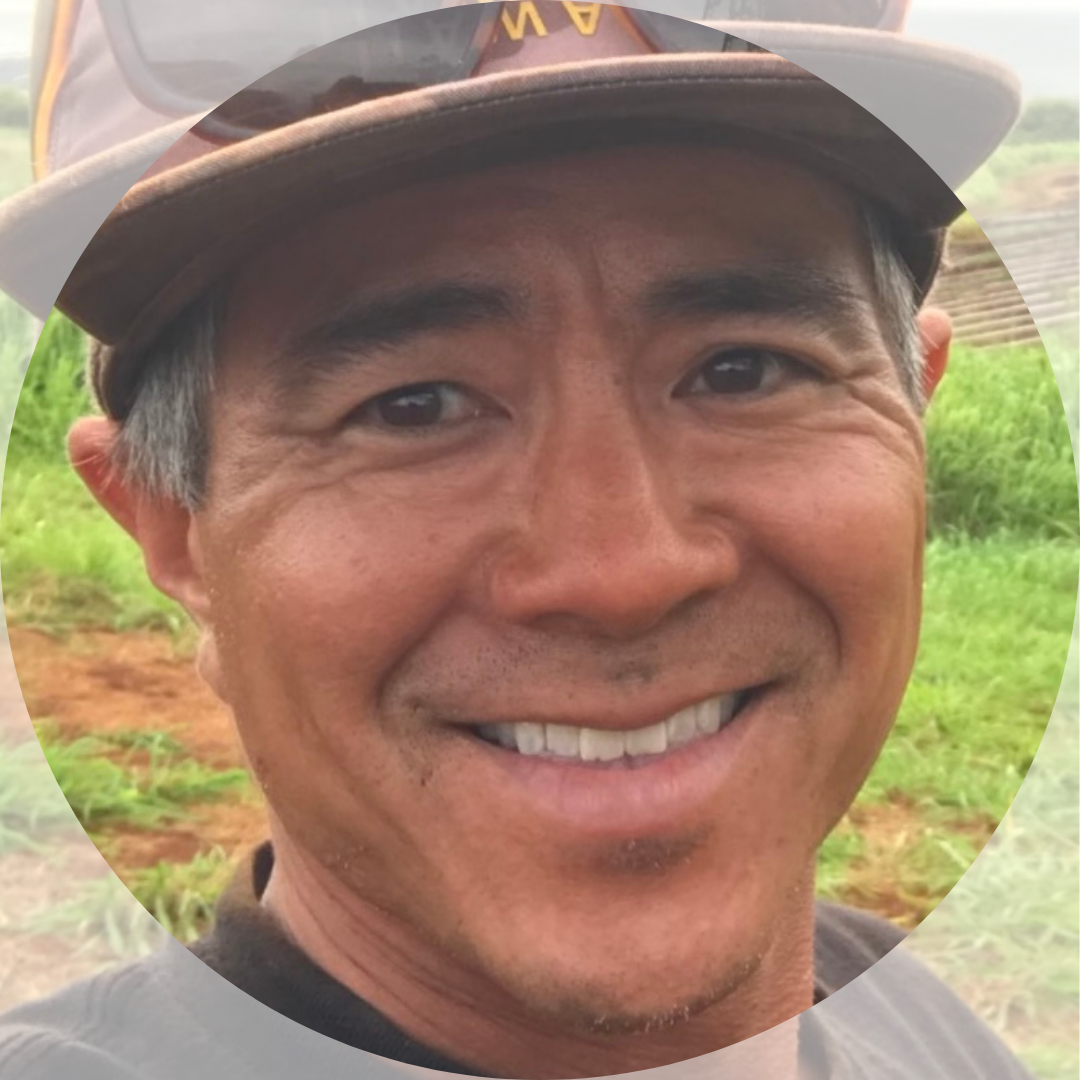
- Miwa Tamanaha Director Miwa is the Co-CEO of Hawaii Investment Ready, a social impact investing intermediary committed to building a just, humane, and place-based island economy for Hawaii and its people. Miwa has worked in environmental justice advocacy/policy and community-based economic development initiatives in communities and ecologies from artisanal fisheries in Baja California to national parklands in Tanzania, including as the Executive Director of KAHEA: The Hawaiian-Environmental Alliance. From 2011–2021, Miwa co-founded and served as the Co-Director of local non-profit Kuaaina Ulu Auamo (KUA). She continues to serve as an advisor, and member of the Limu Hui at KUA, a network of native seaweed practitioners which she helped to establish in 2014.
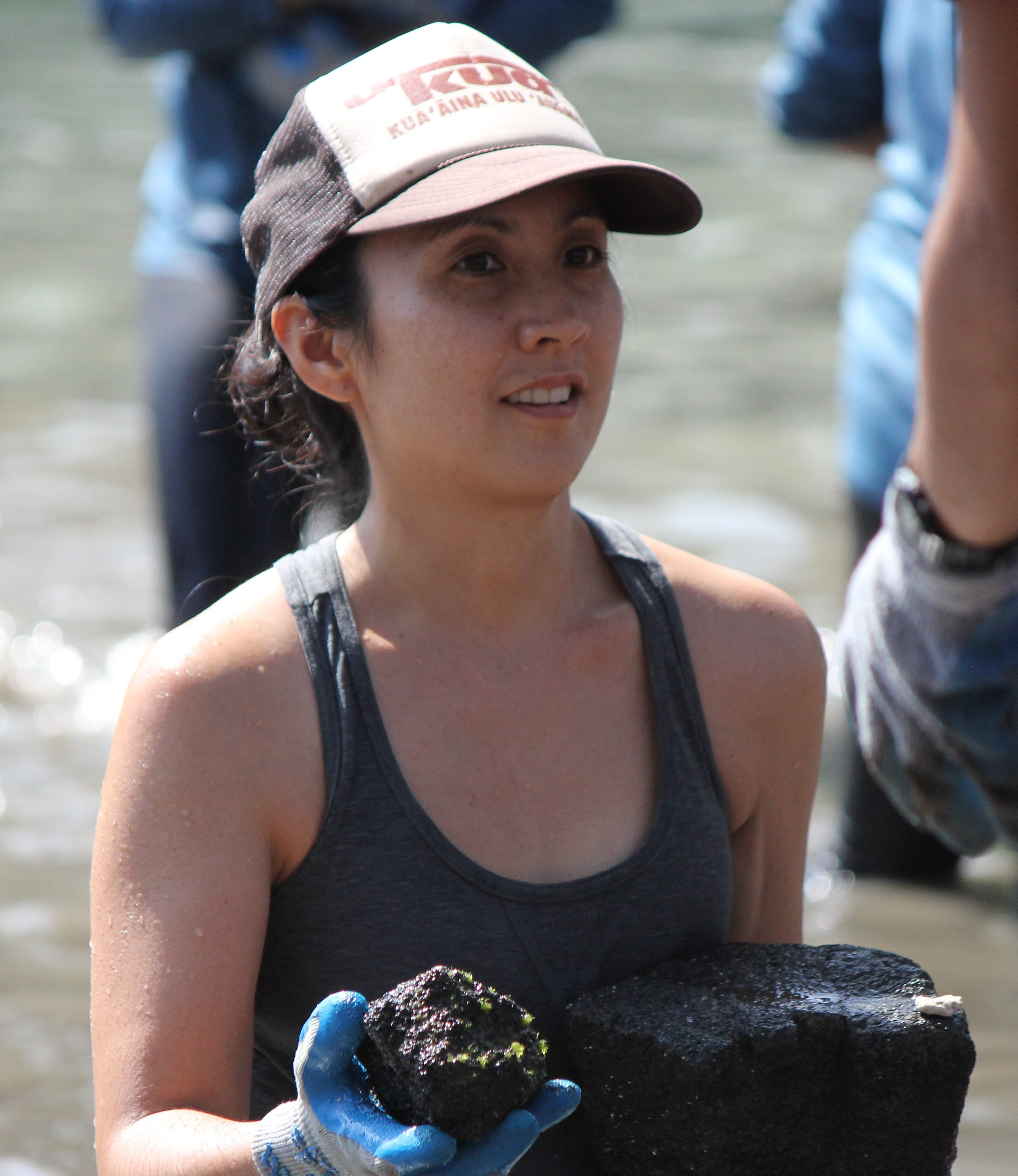
- Philip Garboden Director Philip Garboden is a professor at The University of Chicago, Crown Family School of Social Work, Policy, and Practice. Phil's primary research focuses on how landlords, developers, and property managers -- respond to state, local, and federal housing policy in ways that exacerbate the structural marginalization of low-income and non-white communities. Prior to his position at The University of Chicago, Phil was the inaugural HCRC Professor in Affordable Housing Economics, Policy, and Planning at the University of Hawaiʻi at Mānoa.
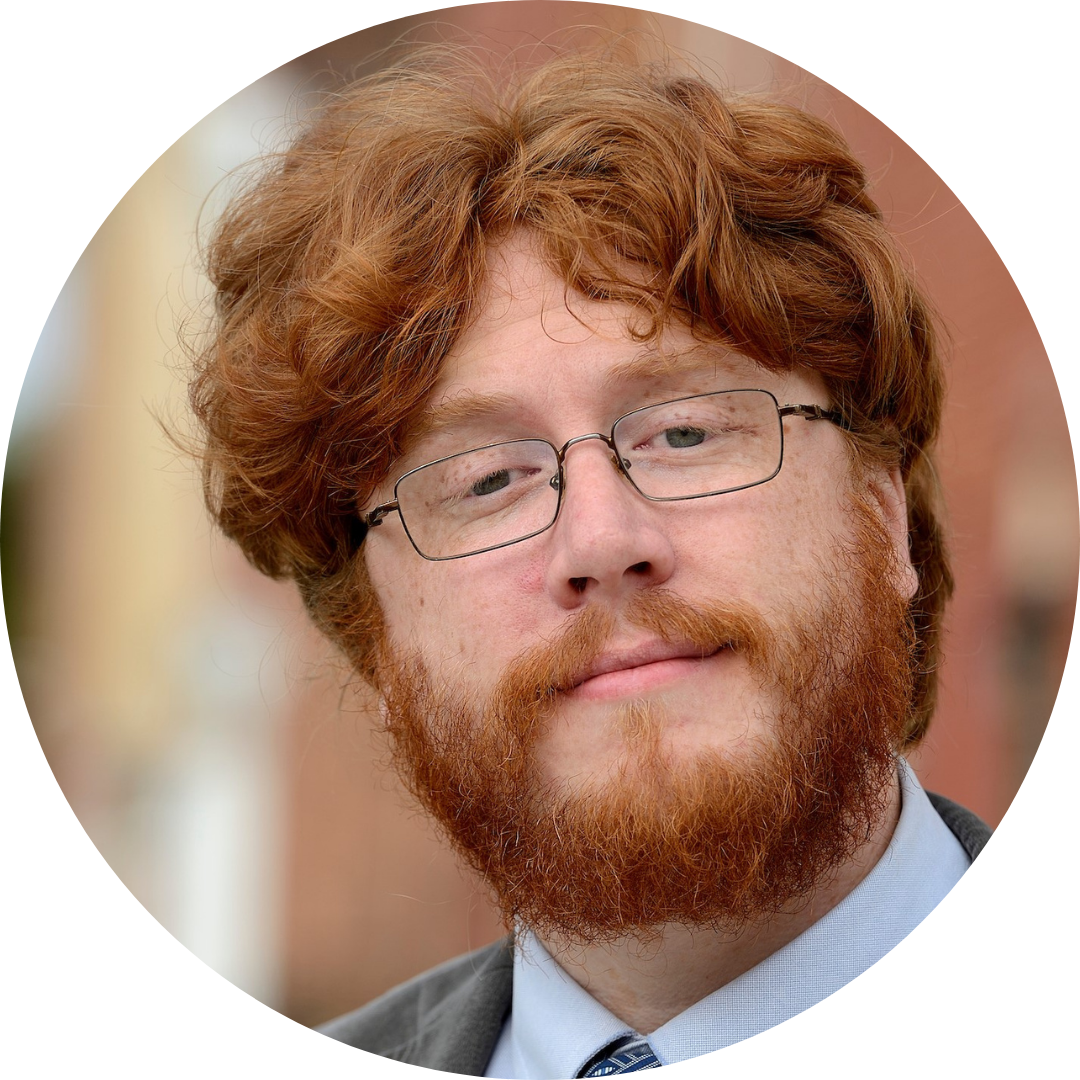
- Harmonee Williams Director Harmonee Williams is the Director of the Islands & Remote Areas Regional Food Business Center. She previously served as Executive Director of the Hawaiʻi Good Food Alliance. Prior to that, Harmonee co-founded and served as Executive Director of Sustʻāinable Molokaʻi. She holds a BA from Yale University and a Masters in Urban and Regional Planning from the University of Hawaiʻi at Mānoa.
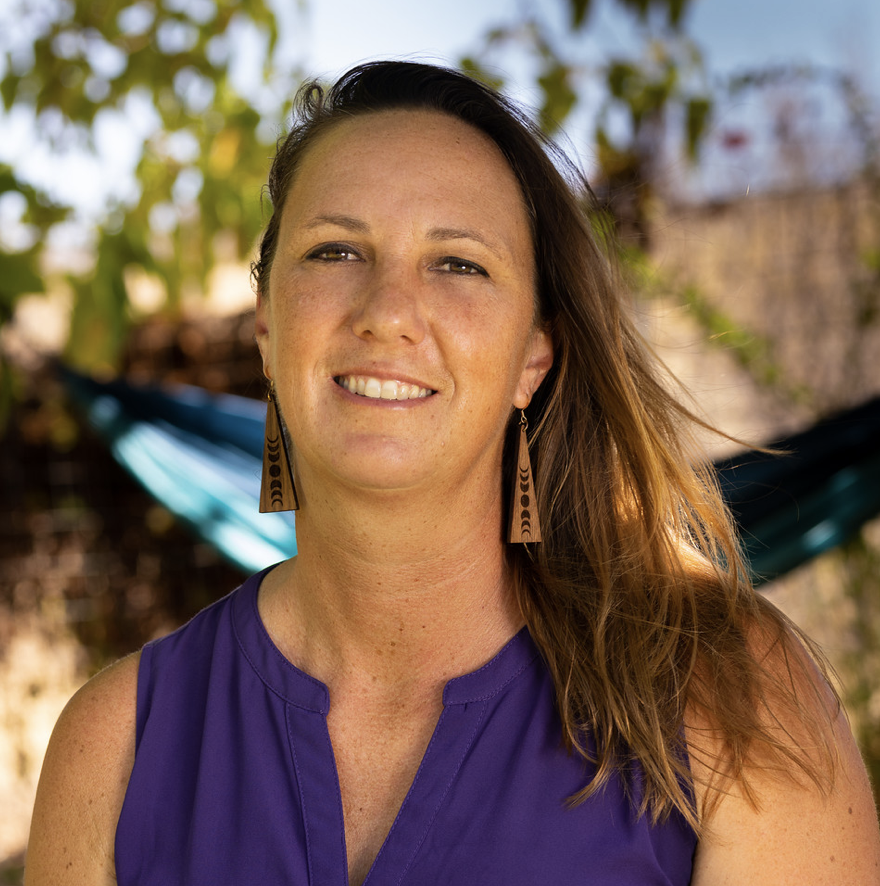
- Roella Foronda Director Roella Foronda, MPH, is the Deputy Director of the Hawai‘i Public Health Institute (HIPHI), where she leads strategic initiatives and organizational operations. Prior to that she worked 12 years with the Hawaii Community Foundation in philanthropy and community initiatives. With over two decades of experience in the nonprofit sector, Roella brings a deep commitment to community health and equity. She holds a Master of Public Health from the University of Hawai‘i at Mānoa and a bachelor’s degree in Health Science from San Francisco State University. Outside of work, she enjoys gardening, baking, and spending time with her family.
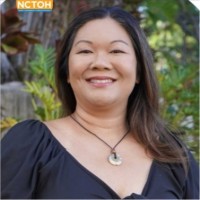
Akoni Akana · David Arakawa · Norm Baker · Darrlyn Bunda · Stacy Helm Crivello · Adrienne Dillard · Rian Dubach · Carol Fukunaga · Puni Kekauoha · Keikialoha Kekipi · Kipukai Kualiʻi · Kapio Kukahiko · Amy Luersen · Kukui & Gary Maunakea-Forth · Jason Okuhama · Susie Osborne · Tommy Otake · Stacy Sproat-Beck · Carol Yurth
That's where I think HACBED is really important, because without that retooling of [a community's] value system, we're just going to think, "Well, jobs are always important, so that's why we need a TMT, or we need that development, or that golf course," but there's no thought about longer term future for Hawaiʻi. And if we continue to do that like we did with the plantations—you build a whole infrastructure and economy around the very exploitation of resources—that's not sustainable.
Alan Murakami